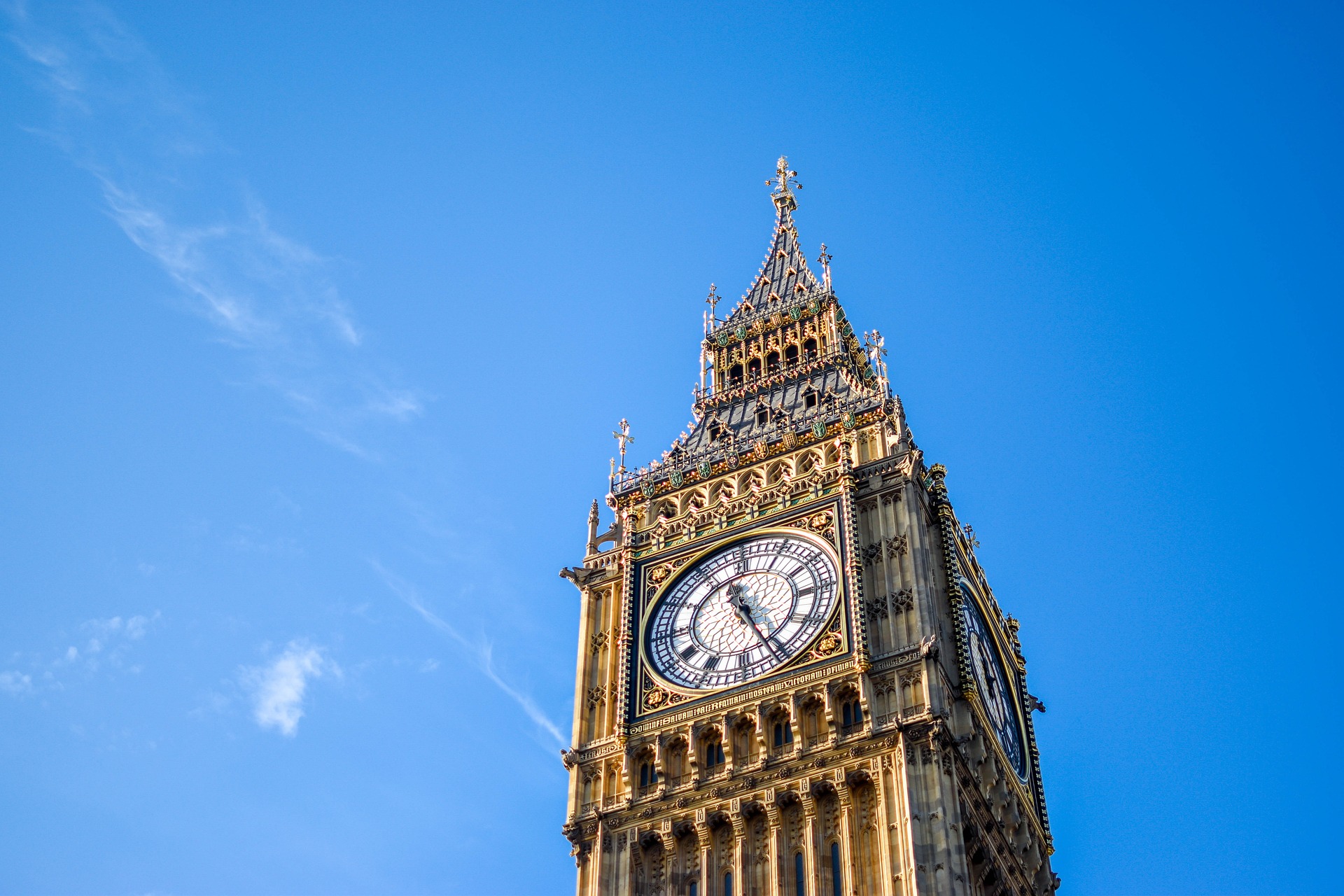Plans afoot to abolish all of UK’s hereditary peerages

The UK government is planning to banish the remaining hereditary peers from the House of Lords in the biggest parliamentary change in 25 years.
The 92 hereditary peers will lose their right to sit in the Lords under proposals put forward today.
The move would finish reforms first introduced in 1999 by Tony Blair’s government, under which the 700-year-old right of all hereditary peers to sit in the Lords was removed. Only 92 of them, elected from the group, were allowed to remain until an agreement could be reached on their complete removal from the upper house.
Nick Thomas-Symonds, minister for the constitution, said the plan was “a landmark reform”.
“The hereditary principle in law-making has lasted for too long and is out of step with modern Britain,” he said. “The second chamber plays a vital role in our constitution and people should not be voting on our laws in parliament by an accident of birth.”
Angela Smith, the Lords leader, said: “While recognising the valuable contributions many hereditary peers have made to parliament, it is right that this reform is being brought forward now — completing work we began 25 years ago.
“Removing the hereditary principle from the Lords will deliver on a specific manifesto commitment. It will also help deliver on our commitment to reduce the size of the second chamber, as we bring forward further reforms.”
There are at present 277 Conservative peers, 185 Labour ones and 183 cross-benchers.
The bill to abolish hereditary peers will have its first reading today and its second in the autumn.








